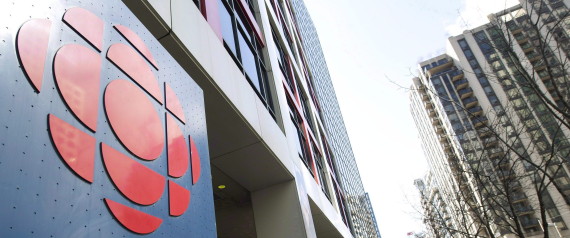
By Scott Sinclair and Stuart Trew, reposted from the Canadian Centre for Policy Alternatives, July 30, 2015
 A shakedown is defined as extortion by means of force, threats, or intimidation. That’s a pretty accurate description of what’s now happening in Hawaii to Canadian negotiators at the hands of their U.S. counterparts in charge of the more political than economic Trans-Pacific Partnership (TPP) talks.
A shakedown is defined as extortion by means of force, threats, or intimidation. That’s a pretty accurate description of what’s now happening in Hawaii to Canadian negotiators at the hands of their U.S. counterparts in charge of the more political than economic Trans-Pacific Partnership (TPP) talks.
Predictably, the Canadian big business community is urging our federal government to do whatever it takes—including cutting the throats of dairy and poultry farmers who work hard for an honest living—to make the TPP happen. Beyond public sympathy for the farmers’ plight, most Canadians have almost no idea what’s going on.
For the Obama administration, the TPP is about power and influence in Asia as a counterweight to China’s growth. They want U.S. corporations to dominate supply chains in the region, and so the TPP is about creating binding rules —on regulatory policy, drug patents and copyright, how state-owned enterprises can and cannot operate, etc.—that will make that scenario more likely. While Canada is peripheral to these geopolitical goals, distinctive Canadian policies that impede U.S. interests must go.
Canada has its own interests in the region, but they do not depend on the TPP. For example, Canada already does a lot of trade with the Pacific Rim, and will continue to do so whether there’s a TPP or not (or whether our country is inside the TPP or not).
Trade liberalization under the TPP would hurt some Canadian industries including autos and electronics and help others like beef and pork. But with the notable exception of the supply-managed sectors, the impacts on exports and growth will likely be pretty small. Even pro-TPP studies, which make sketchy assumptions to boost their results, predict only a tiny change in GDP for Canada.
That’s because, with a few exceptions, tariffs are already so low. Canadian import tariffs average just 3%. TPP members with which Canada does not already have an FTA make up only 3% of its total exports and 5% of its imports. The bulk of this is with Japan, where trade-weighted tariffs average just 2%.
What’s more, Canada has a trade deficit with these non-FTA countries of $5-8 billion annually; 80% of Canada’s top exports to these countries are raw or semi-processed goods, while 85% of imports are of higher value-added goods. We can therefore expect tariff removal through the TPP to worsen the erosion of the Canadian manufacturing sector underway since NAFTA. Canada will also find it harder, under the TPP, to implement policies to add value to natural resources prior to export, as evident from Japan’s pressure on B.C. to eliminate its controls on raw log exports.
But the far greater part of the TPP’s 30-odd chapters have little to do with tariffs or international trade, as most would understand it. Because of unusually tight secrecy, the text of the agreement is still hidden from public view, but what we know from sparse leaks is already cause for concern.
For example, leading North American oncologists recently called out pharmaceutical companies on the prohibitive cost of cancer drugs, which routinely exceed $100,000 a year. Connecting the dots, one of the chief underlying reasons brand-name drug companies can charge such exorbitant prices is that international trade agreements already require long periods of monopoly protection. The TPP’s intellectual property rights chapter would further interfere with cost-saving reforms, delaying the availability of cheaper generic medicines and boosting drug costs.
The TPP deal reportedly penalizes Canada for its highly praised “notice-and-notice” system governing copyright infringement. These regulations, in effect since the first of the year, strike a balance between curbing piracy and the rights of Internet users, who in the U.S. face tougher penalties for non-commercial infringement.
The U.S. is also insisting on rules to prohibit countries from requiring that personal information be safeguarded on national databases. Privacy regulations in B.C. and Nova Scotia have been targetted by U.S. negotiators. As Edward Snowden’s revelations make clear, there are good reasons why Canadian governments might require tax, health care, or financial data to be stored locally.
Canada has joined with the U.S. to press for strict controls on state-owned enterprises, so that they act according to “free market principles.” But no one is publicly discussing what impacts these restrictions might have on Canadian Crown corporations such as the CBC or Canada Post.
Leaked text also confirms the TPP includes an investor-state dispute settlement (ISDS) mechanism modelled on NAFTA chapter 11. So we can look forward to more corporate lawsuits outside the normal court system like the recent Bilcon case, where a U.S. company successfully challenged an environmental assessment that ruled against a massive quarry and marine terminal on the Bay of Fundy, or the ongoing challenge to the ban on oil and gas fracking in Quebec.
Pro-TPP business groups, many of them with exclusive access to the TPP texts and a direct line to Canadian negotiators, know these issues will be contentious in Canada, so they are happy to beat around the supply management bush. It makes it appear the only thing in the way of this allegedly fantastic deal is a handful of self-interested dairy and poultry farmers.
This line arguably helps the government, which would normally be reluctant to bring an unsavoury deal to the electorate on the eve of a federal election, because it dodges an awkward question: If Canada does not need the TPP to prosper, why would the government allow itself to be shaken down so badly just so President Obama can have his “pivot to Asia?” SOURCE
Scott Sinclair is director of the Canadian Centre for Policy Alternatives’ Trade and Investment Research Project and Stuart Trew is the editor of CCPA’s national magazine, the Monitor. They are co-authors of the factsheet, The TPP and Canada.
This op-ed was first published on National Newswatch.
RELATED:
What Does The New Environmental Chapter Mean For The TPP? Not Much, Activists Say
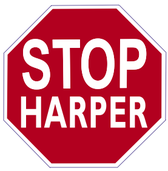
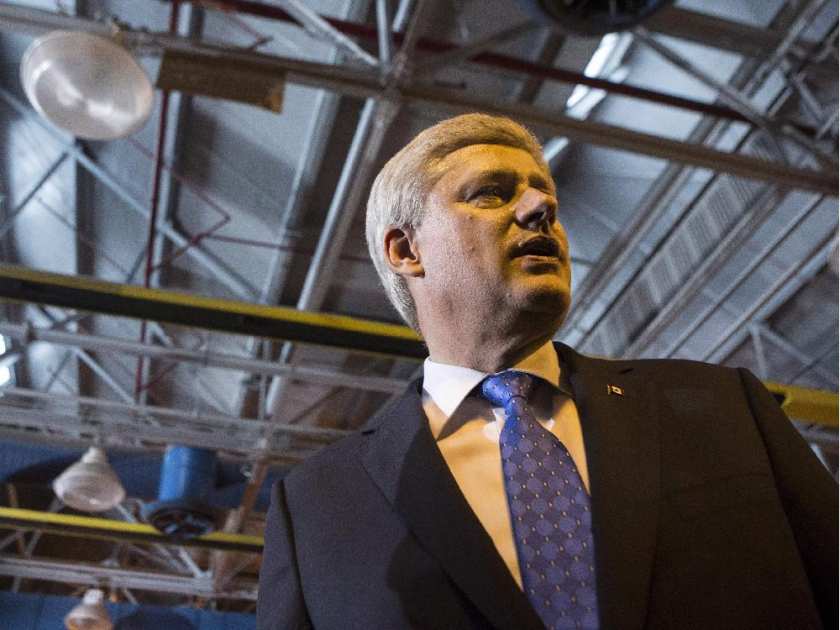
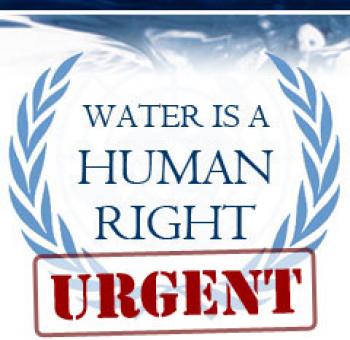
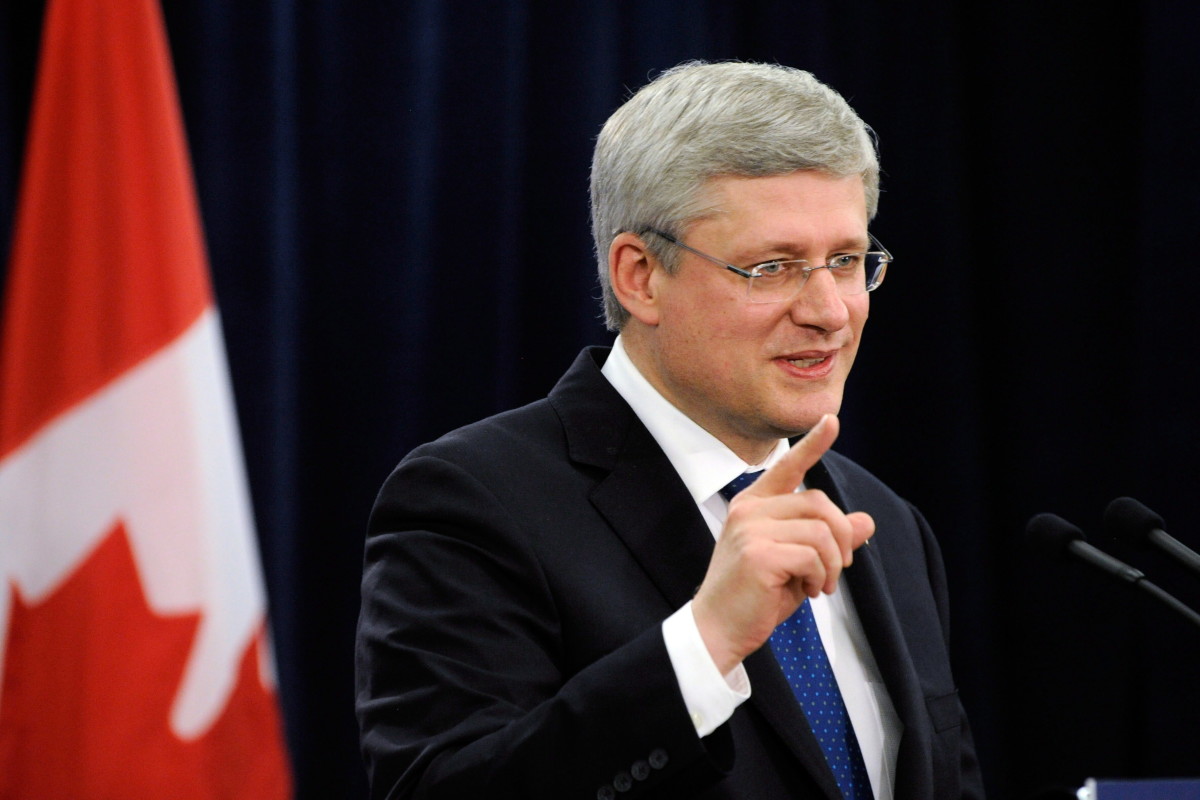
 Alan Freeman is a Senior Fellow at the University of Ottawa’s Graduate School of Public and International Affairs. He came to the U of O from the Department of Finance, where he served as assistant deputy minister of consultations and communications. Alan joined the public service in 2008 after a distinguished career in journalism as a parliamentary reporter and business journalist for The Canadian Press, The Wall Street Journal and The Globe and Mail. At the Globe, he spent more than 10 years as a foreign correspondent based in Berlin, London and Washington.
Alan Freeman is a Senior Fellow at the University of Ottawa’s Graduate School of Public and International Affairs. He came to the U of O from the Department of Finance, where he served as assistant deputy minister of consultations and communications. Alan joined the public service in 2008 after a distinguished career in journalism as a parliamentary reporter and business journalist for The Canadian Press, The Wall Street Journal and The Globe and Mail. At the Globe, he spent more than 10 years as a foreign correspondent based in Berlin, London and Washington.
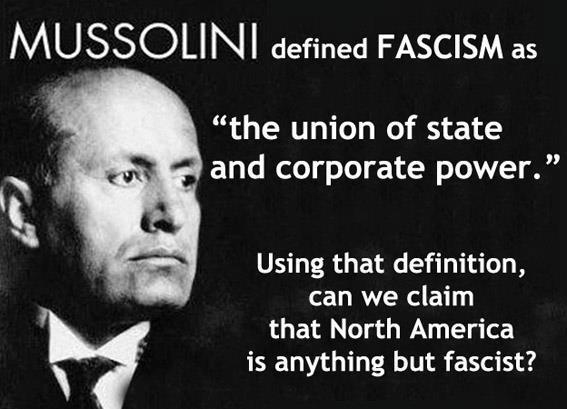
 OTTAWA – According to a document leaked on Wikileaks, the CBC and Canada Post could be jeopardized by the Trans-Pacific Partnership (TPP) agreement being negotiated this week in Maui by Canada and 11 other countries. State-owned enterprises in the TPP could be severely restricted and subject to rules that force them to give up their public service mandates in order to become purely profit-driven organizations. They would also be prohibited from buying services exclusively from local or national sources.
OTTAWA – According to a document leaked on Wikileaks, the CBC and Canada Post could be jeopardized by the Trans-Pacific Partnership (TPP) agreement being negotiated this week in Maui by Canada and 11 other countries. State-owned enterprises in the TPP could be severely restricted and subject to rules that force them to give up their public service mandates in order to become purely profit-driven organizations. They would also be prohibited from buying services exclusively from local or national sources.